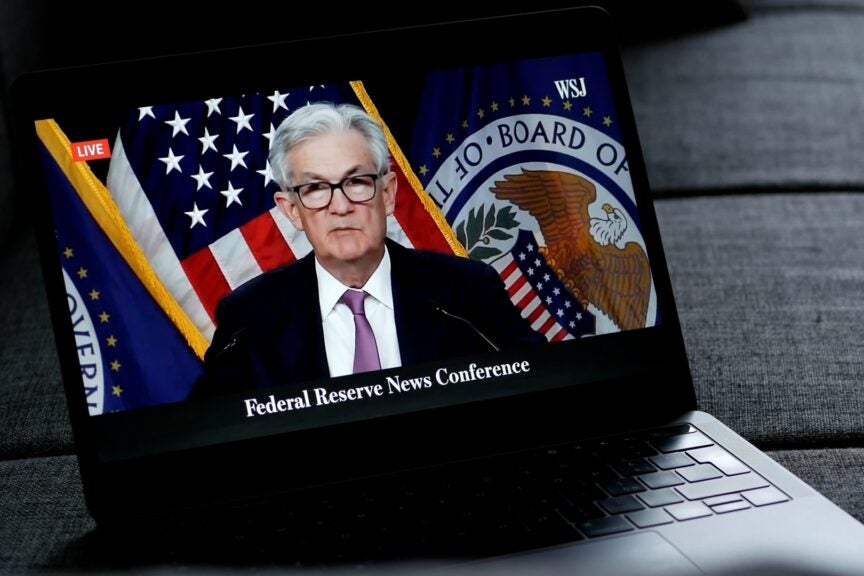Brokers on the Rise: Understanding Retail Engagement Trends
In the dynamic landscape of financial markets, one trend has captured the attention of analysts and investors alike: the rise of brokers driven by robust retail engagement. As platforms like Virtu Financial, Robinhood, and BlackRock report impressive earnings, the question looms: what’s fueling this surge? In this article, we delve into the factors behind the increasing retail participation in trading, the implications for brokerage firms, and what the future holds for retail investors.
The Surge in Retail Trading Activity
Over the past few years, retail trading has seen remarkable growth, with millions of individuals entering the market seeking to capitalize on investment opportunities. This phenomenon can be attributed to several key factors:
- Technology Adoption: The proliferation of mobile trading applications has made investing more accessible than ever. Platforms like Robinhood have democratized trading by eliminating commissions and offering user-friendly interfaces.
- Market Volatility: Significant market fluctuations, particularly during the COVID-19 pandemic, have drawn many retail investors to take action. The volatility presents both risks and opportunities, enticing individuals to engage with the market.
- Social Media Influence: Platforms like Reddit and Twitter have created communities where investors share insights, tips, and strategies. The rise of “meme stocks” illustrates how social media can drive retail engagement and influence trading behavior.
- Financial Literacy Initiatives: Increased access to educational resources has empowered a new generation of investors. Many are now better informed and more confident in their trading choices.
Analysts’ Outlook on Brokerage Firms
With retail engagement on the rise, brokerage firms are positioned to benefit significantly. Analysts are forecasting robust earnings for industry leaders like Virtu Financial, Robinhood, and BlackRock. Here’s why:
- Increased Trading Volume: As more retail investors participate in the market, trading volumes have surged, benefiting brokerage firms through higher transaction fees and commissions.
- Diverse Revenue Streams: Leading brokers are diversifying their revenue sources, moving beyond traditional commissions to include services like payment for order flow, margin lending, and wealth management services.
- Innovative Product Offerings: Firms are expanding their product offerings to attract different investor segments. Options trading, cryptocurrencies, and exchange-traded funds (ETFs) are just a few examples of how brokers are catering to evolving investor preferences.
What Retail Engagement Means for the Future
The increasing presence of retail traders raises important questions about the future of trading. Here are several considerations:
Market Dynamics and Volatility
As retail investors become a more significant force in the markets, their trading behaviors can influence market dynamics and contribute to volatility. The rise of day trading, particularly among inexperienced investors, raises concerns about potential market manipulation and the sustainability of certain stock price movements. Analysts warn that while retail investors can drive stock prices up, they can also lead to sharp declines when sentiment shifts.
Regulatory Scrutiny
With the surge in retail trading, regulatory bodies are paying closer attention to brokerage practices. Issues such as payment for order flow and the ethics of commission-free trading models are under review. Regulators may impose new rules to ensure transparency and protect investors. Therefore, brokerage firms must navigate these evolving regulations carefully to maintain trust and compliance.
The Role of Technology in Retail Trading
Technology is a game-changer in the brokerage sector, particularly concerning retail engagement. Key advancements include:
- Algorithmic Trading: Brokers are utilizing advanced algorithms to execute trades more efficiently, improving the speed and accuracy of order execution.
- Data Analytics: Enhanced data analytics allow firms to understand investor behavior better, tailor their services, and predict market trends.
- Artificial Intelligence: AI is being deployed to provide personalized investment advice and risk assessment, helping retail investors make informed decisions.
Challenges Ahead for Brokers
Despite the optimistic outlook, brokerage firms face challenges that could impact their growth:
- Competition: The brokerage landscape is becoming increasingly crowded, with new entrants vying for market share. Established firms must innovate continuously to retain customers.
- Investor Education: As retail investors gain access to trading, there’s a pressing need for education to ensure they understand the risks associated with trading and investing.
- Market Correction Risks: If the market experiences a significant downturn, retail investors may panic, leading to mass sell-offs that could affect brokerage revenues.
Conclusion: A Bright Future for Retail Engagement
In summary, the rise of brokers fueled by robust retail engagement trends represents a paradigm shift in the investment landscape. Analysts predict strong earnings for firms like Virtu Financial, Robinhood, and BlackRock, driven by increased trading volumes and innovative offerings. As technology continues to evolve and more individuals engage in trading, the future looks promising for brokerage firms and retail investors alike.
However, it is essential to remain vigilant about the challenges that lie ahead, including regulatory scrutiny and market volatility. By fostering a culture of education and responsible investing, both brokers and retail investors can navigate this exciting new era in trading.
As we move forward, the evolution of retail trading will undoubtedly shape not only the brokerage industry but also the broader financial markets, creating new opportunities for growth and engagement.
See more CNBC Network



